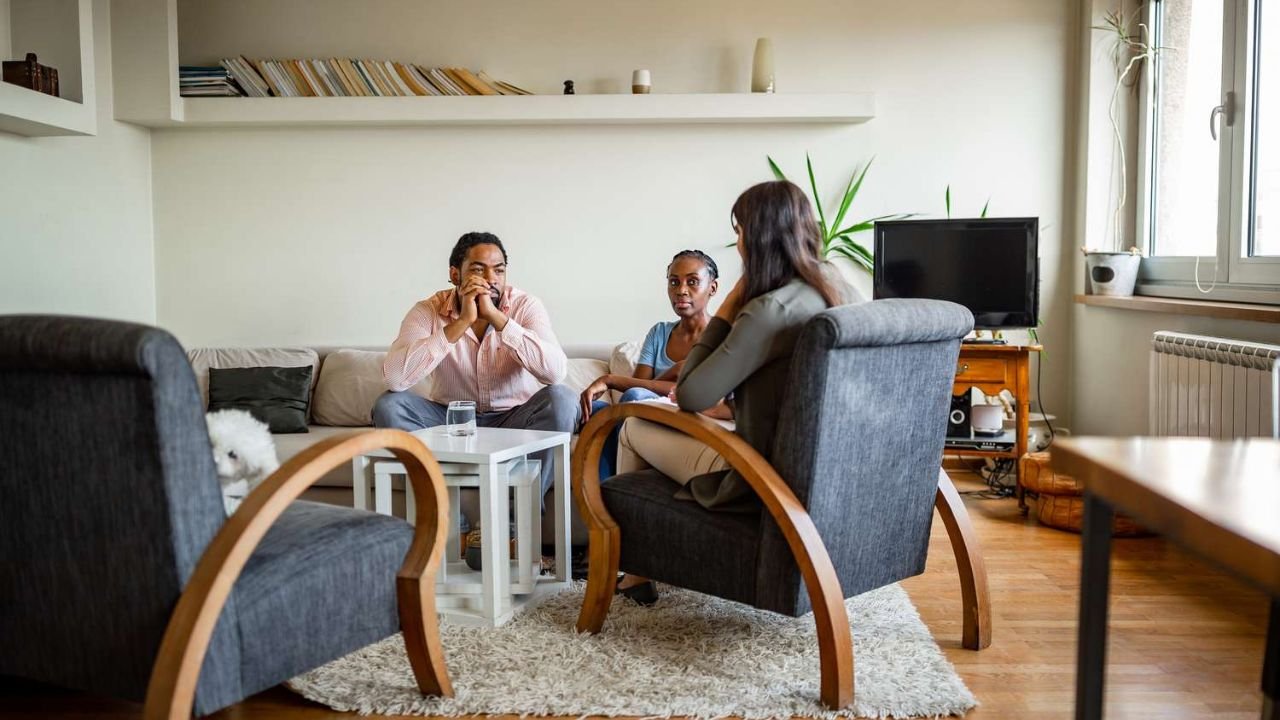Sensitivity Is Not Weakness. It’s a Nervous System Response.
Let’s start here: if you’ve ever been told you’re “too sensitive,” what they really meant was that you were feeling deeply in a world that doesn’t always make room for it.
You notice tone. You absorb energy. You read the room before anyone else realizes it needs reading.
This isn’t about drama. It’s about regulation — your body, your mind, your breath. And when you’re sensitive (or your child is), everything hits differently. The noise. The transitions. The offhand comments. The way a Tuesday suddenly feels like too much.
And no, you’re not imagining it.
What Highly Sensitive People (and Children) Often Experience
This isn’t a diagnosis. It’s a description of how some people interact with the world. And for highly sensitive individuals, even seemingly “normal” days can feel overstimulating.
You might notice:
- Strong reactions to sensory input (light, noise, textures)
- Emotional flooding after too much social interaction
- Intense empathy — sometimes to the point of exhaustion
- A need for downtime that others don’t always understand
Children who are wired this way might be seen as “shy,” “picky,” “too emotional,” or “difficult” — when really, they’re simply processing life more deeply and more slowly. If you’re not sure whether this sounds like your child, this highly sensitive child self-test developed by Dr. Elaine Aron offers a gentle, science-backed way to start noticing the signs. They don’t need fixing. They need space.
Sensory Overload Isn’t Just About the Senses
The word “sensitive” makes it sound soft — like a feather. But in reality, it can feel like static. Like trying to do everyday life while your whole body is reacting to the environment, layered emotions, and subtle cues.
And for kids? It can be even more confusing.
They might not have the words to explain what’s happening. They just know that their body feels too loud. That something is wrong, but no one else seems to notice.
Children who thrive in their own gentle rhythms may feel overwhelmed by sights, sounds, and textures that most people barely notice. That’s sensory processing in action — not a weakness, but a nervous system working differently. According to the STAR Institute for Sensory Processing, sensory processing differences are rooted in how the brain integrates and responds to multiple types of input. Understanding this can be life-changing — it shifts the view from “something’s wrong” to “this is part of how they experience the world.”.
It’s Not About Labels — It’s About Understanding
You don’t have to put a name on everything. But sometimes, having language helps.
Understanding things like sensory processing sensitivity, emotional regulation, and nervous system responses can reduce shame and increase connection, not just for the individual, but for families navigating this together.
Working with a therapist who understands child development, sensitivity profiles, and trauma-informed care can help reframe the struggle into something far more powerful: self-knowledge.
Places like CASE Psychology specialize in helping children and adolescents feel more regulated, more understood, and more confident in how they navigate the world. Therapy doesn’t make kids less sensitive — it helps them thrive because they are.
The Power of Co-Regulation (Especially Outdoors)
You know what helps a sensitive system reset? Nature.
Regulation doesn’t always start with deep breathing or yoga mats (although those are great). Sometimes it starts with walking barefoot on grass. Or noticing the sky shift. Or naming what’s in the wind. These sensory grounding tools help bring the nervous system back into balance.
Co-regulation means showing kids how to regulate by doing it with them, not for them. Not correcting. Not controlling. Just modeling safety and softness in a way that invites them to mirror it.
The outdoors can be a powerful co-regulator — and so can you.
Let’s Redefine Strength
We’re conditioned to see “toughness” as emotional distance. As hiding your feelings, or not having them at all. But real strength is nervous system flexibility. Real strength is being able to feel it all and keep going.
When we allow kids to feel safe in their sensitivity — and offer them tools to support it — we’re not just raising regulated humans. We’re raising tuned-in ones.
And that’s what the world needs more of.
Final Thought
Whether you’re raising a highly sensitive child or navigating your own sensitivity as an adult, know this: it’s not something to shrink or “get over.” It’s something to learn from. Something to work with. Something to honour.
Sensitivity is not a flaw. It’s a signal.And the more we learn to listen to it, the more powerfully we show up in the world.



